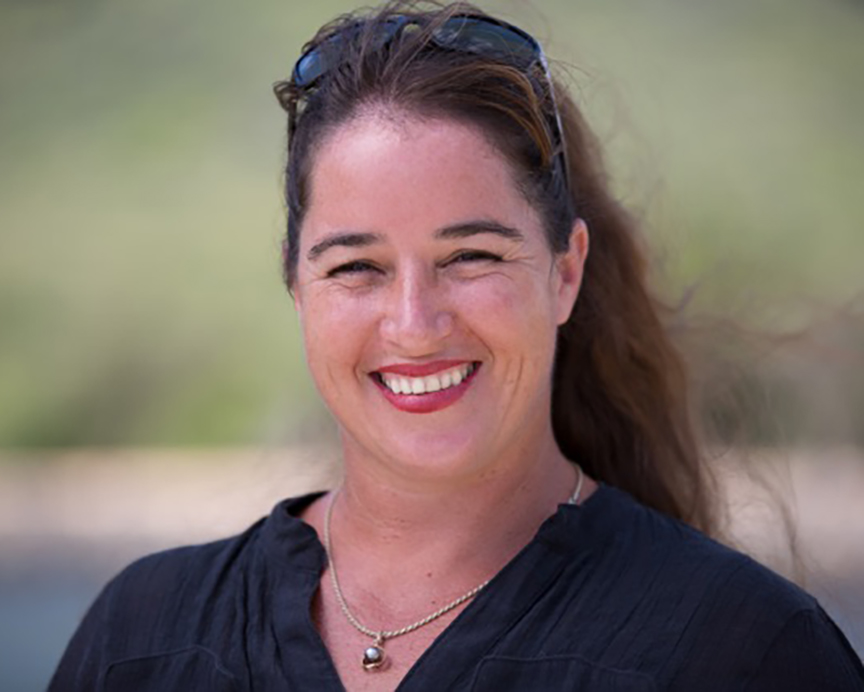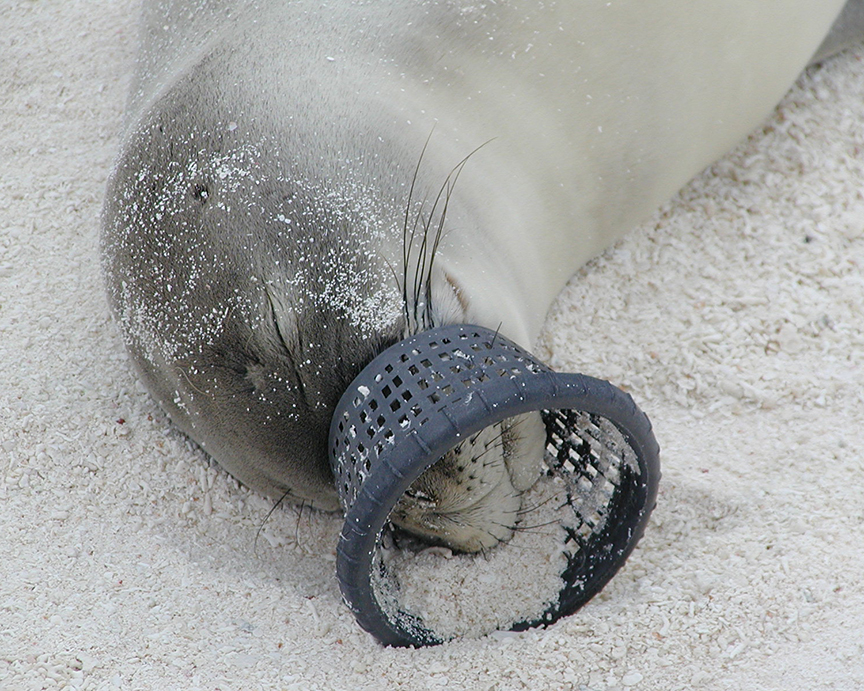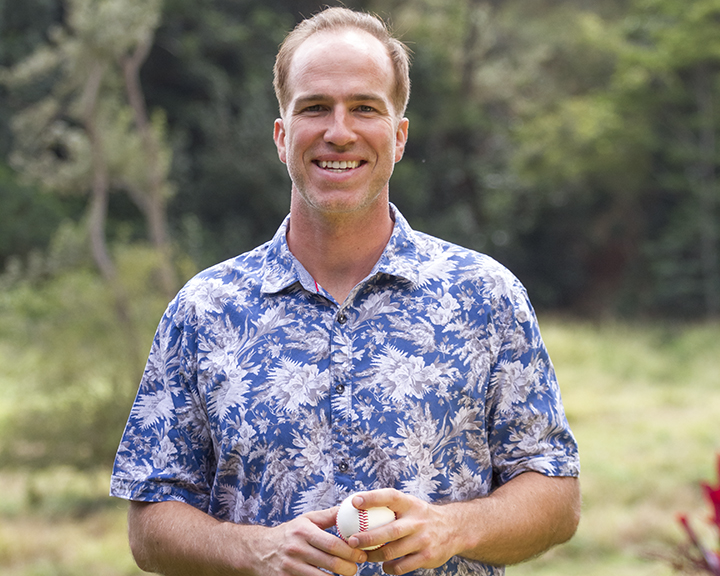
Nunavik is located in the northernmost region of Quebec, Canada. Photo courtesy of UH
A recent survey provides robust evidence of a food security crisis in the eastern Arctic, and also solidifies how Indigenous groups’ access to food is highly vulnerable to the effects of climate change. The University of Hawaiʻi at Mānoa contributed to international research on food security, or the ability to access and afford food, in Nunavik, the northernmost region of Quebec in Canada, according to a recent UH news release.
Released in May 2022, the population health survey was conducted in 2017 and included more than 1,300 respondents from the 14 villages in Nunavik. More than 90% of the population of Nunavik are Inuit, an important Indigenous group in Canada, said co-author Catherine Pirkle, associate professor of health policy and management at the Thompson School of Social Work & Public Health.
“There are parallels to be made between any community living off the land, and we see a lot of similarities between Inuit peoples and peoples in the Pacific with regard to climate change,” she said. “People who are dependent upon or have strong links to land and water are often at high risk of food insecurity.”
Report highlights disparity of communities

Catherine Pirkle
The report reveals a drastic disparity in food insecurity in Canada. Food insecurity is highly prevalent among Indigenous peoples in Canada. This report showed it affects 78% of the population in Nunavik, which is predominantly inhabited by Inuit Peoples, compared to 13% of the general population of Canada.
These results mirror findings in the U.S. generally, and specifically in Hawaiʻi. Nearly half of American Indian/ Alaskan Native individuals are estimated to be food insecure in the U.S. “Our own research (PDF) in Hawaiʻi also documents unacceptable food insecurity disparities with the highest levels observed among Native Hawaiians, Filipinos and other Pacific Islanders,” Pirkle said.
In addition, rates of food insecurity are rising in the Nunavik region, with the proportion of individuals in Nunavik reporting they had no food to eat increasing from 22% in 2004 to 35% in 2017.
Teenagers 16 years and older, pregnant women, households with children and individuals with low incomes were among those found to be most at risk.
The report was published by the Nunavik Regional Board of Health and Social Services. Co-authors include Chris Furgal, Mélanie Lemire, Michel Lucas and Rebecca Martin.
Discover more from ForKauaiOnline
Subscribe to get the latest posts to your email.





Leave a Reply